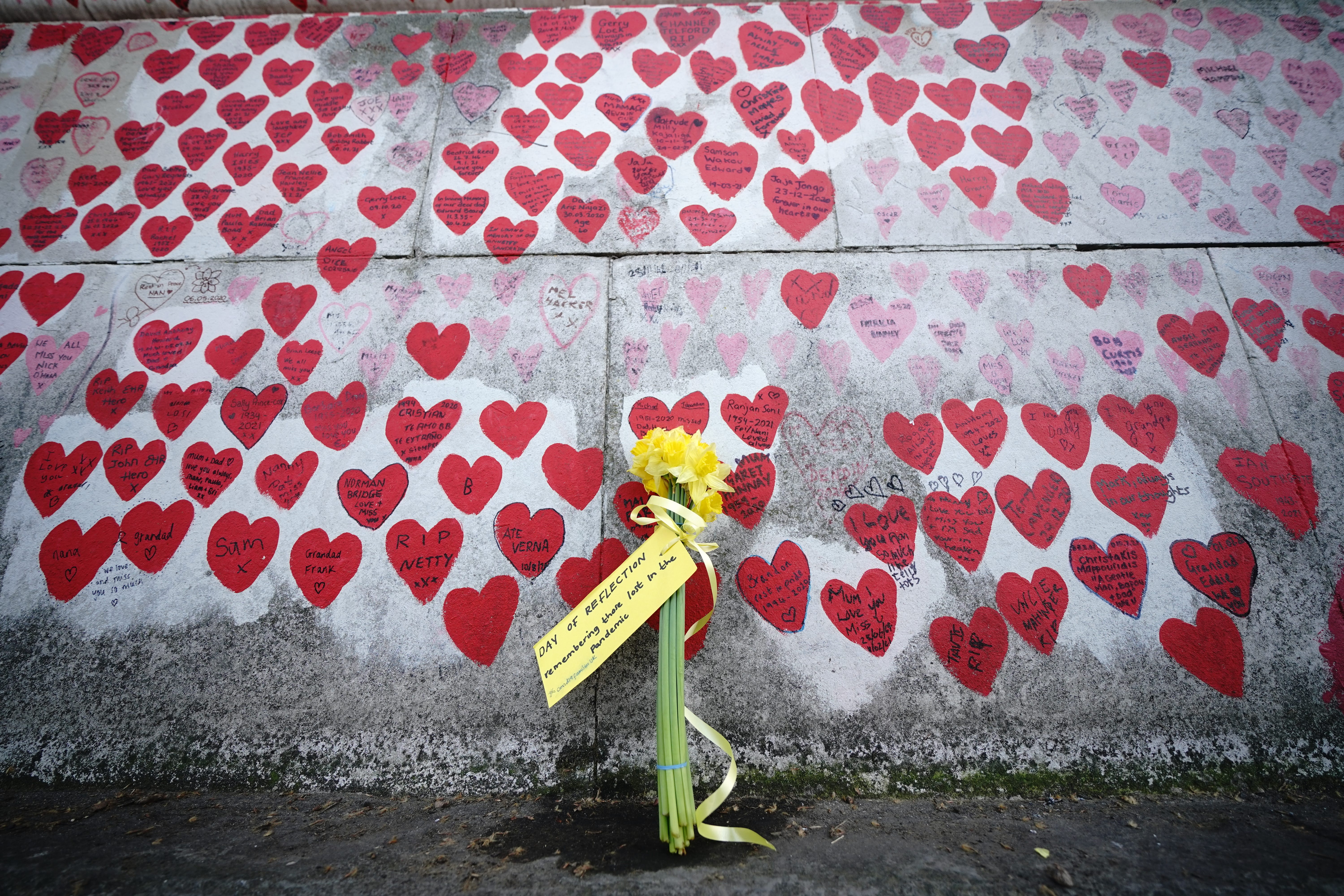Covid inquiry chairwoman ‘sympathetic’ to request to delay first hearing
Baroness Hallett was told the requirement to make ‘thousands of manual redactions’ had slowed down preparations for holding the debut public session.

The retired judge leading the UK Covid Inquiry said she is “sympathetic” to a request made to delay the first public hearing by a month.
Baroness Hallett had heard how the process of making “thousands of manual redactions” to UK Government papers submitted to the inquiry had slowed down the process of disclosing information to bereaved families and other relevant groups.
After receiving a “modest” delay request by the inquiry’s legal team, which was backed by barristers representing families affected across the UK, the crossbench peer said: “In my view, as seems to be the view of all the participants, far better delay the start by … up to four weeks, than start early and then not be ready and not be effective.
“So, I am sympathetic to those submissions.”
It is apparent that the redaction of the names of junior staff is taking up a disproportionate and substantial amount of time
The chairwoman said she would be make a decision “as soon as I can” on the possibility of pushing back the start of module one, which is looking into the UK’s preparedness and resilience for a pandemic, from May to June.
It came after Hugo Keith KC, counsel for the inquiry, said his team was having to be bolstered to deal with the redaction workload.
They are removing “irrelevant information”, including the names of junior officials who were not in decision-making roles during the pandemic, from policy documents and emails submitted by UK Government departments.
Those changes then have to be reviewed by the departments impacted, he said, before being disclosed to the inquiry.
Mr Keith said: “As I cannot guarantee, as was provisionally hoped to be the case, that the core participants will receive almost all the disclosure to which they are entitled by mid-March, I must invite you to consider putting back the provisional start date of May to early June.
“In the general scheme of your inquiry, this is a fairly modest adjournment application.
“But it will allow, if you grant it, a proper opportunity for the core participants to get on top of the materials and, as a necessary part of that process, time to get the documents to them.”
He said any decision to push back the start of module one would have a knock-on impact on the start date for later modules but “not necessarily on the overall length of your inquiry”.
Pete Weatherby KC, who is representing bereaved families, said his clients agreed with the need for a delay.
He expressed concern that there remained a “considerable distance to go” when it came to evidence gathering by inquiry officials, and called for changes in the way information was being handled.
“We agree there is … no alternative to that (delay),” Mr Weatherby told Baroness Hallett.
“The reality (is) we have a total of 719 exhibits and documents disclosed and precisely three witness statements relating to module one.
“The evidence-gathering stage of module one appears to be quite far from completion and the disclosure … is very much in the foothills.”
The “significant changes” to the process proposed by Mr Weatherby included giving bereaved families and other “core participants” in the inquiry immediate access to the evidence submitted.
He said that way “any perceived gaps” could be raised quickly, rather than waiting for the disclosure of evidence to be made closer to the hearing’s start date.
Mr Weatherby also took issue with the way redactions were being handled, given it is slowing down the process of families being permitted to review the UK Government’s submissions.
“It is apparent that this issue, this redaction of the names of junior staff, is taking up a disproportionate and substantial amount of time of his (Hugo Keith KC) team and the knock-on effect is it is seriously impeding the disclosure of other material to core participants,” he said.
He called on the inquiry’s legal team to leave redactions until closer to the time of publication, allowing the information to be shared confidentially with “core participants” sooner.
Caoilfhionn Gallagher KC, representing the Trade Union Congress (TUC), said her client wanted to give evidence to the inquiry on the “links of the austerity agenda and funding cuts” on Britain’s ability to prepare for a pandemic.
Mr Weatherby, in his submission, said bereaved families backed the TUC’s request.
The preliminary hearing also heard submissions from barristers representing families bereaved by coronavirus who are based in Wales, Scotland and Northern Ireland.
Bookmark popover
Removed from bookmarks